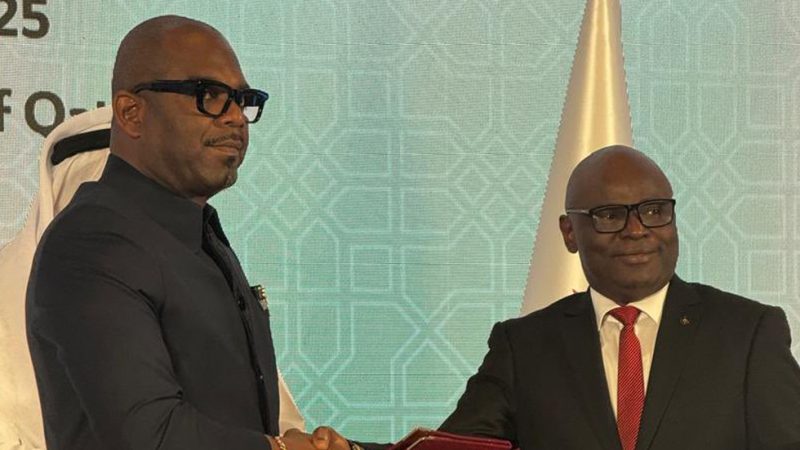
The Democratic Republic of Congo (DRC) and the M23 rebel group have taken a significant step towards ending decades of conflict, pledging to sign a peace agreement by August 18th. This follows months of intense negotiations mediated by Qatar, offering a glimmer of hope for lasting peace in the violence-torn nation.
Congolese officials and M23 representatives signed a declaration of principles in Doha on Saturday, outlining a clear path towards a resolution. The agreement emphasizes a commitment to a permanent ceasefire, encompassing all forms of attack and prohibiting actions like hate speech and attempts to seize territory through force. This comprehensive ceasefire is a crucial element in establishing a stable environment for lasting peace.
The Congolese government welcomed the agreement as a major step towards stability in the eastern DRC, expressing gratitude for Qatar’s role in facilitating the talks. International and regional actors have been pushing for a ceasefire since the M23 rebels intensified their offensive earlier this year, resulting in significant loss of life and the seizure of key mining hubs. The conflict has been a long-standing concern, with accusations of Rwandan support for the M23 rebels frequently surfacing.
Adding another layer of complexity, a US-brokered deal between Kinshasa and Kigali last month has raised eyebrows, with some suggesting it grants the US access to the region’s valuable mineral resources. This raises questions about the long-term implications of external involvement in the DRC’s internal affairs.
During a press briefing, Massad Boulos, a senior advisor for African affairs to former US President Donald Trump, acknowledged the failures of past peace initiatives. He characterized the Doha agreement as a unique and invaluable opportunity to finally achieve lasting peace in the DRC. Qatar’s foreign minister echoed this sentiment, describing the declaration as a new phase of cooperation, including with armed groups choosing the path of peace.
However, disagreements have already emerged regarding the interpretation of the agreement. While the document states the intention to restore state authority across the entire country, government spokesperson Patrick Muyaya insisted on the M23’s unconditional withdrawal. M23 spokesperson Lawrence Kanyuka refuted this claim, calling it disinformation that contradicts the agreement’s principles.
The coming weeks will be critical in determining whether this agreement translates into lasting peace. The successful implementation of the ceasefire and the resolution of differing interpretations will be key factors in determining the long-term success of this significant diplomatic effort. The international community must remain vigilant and committed to supporting the peace process to ensure a stable and prosperous future for the Democratic Republic of Congo.










